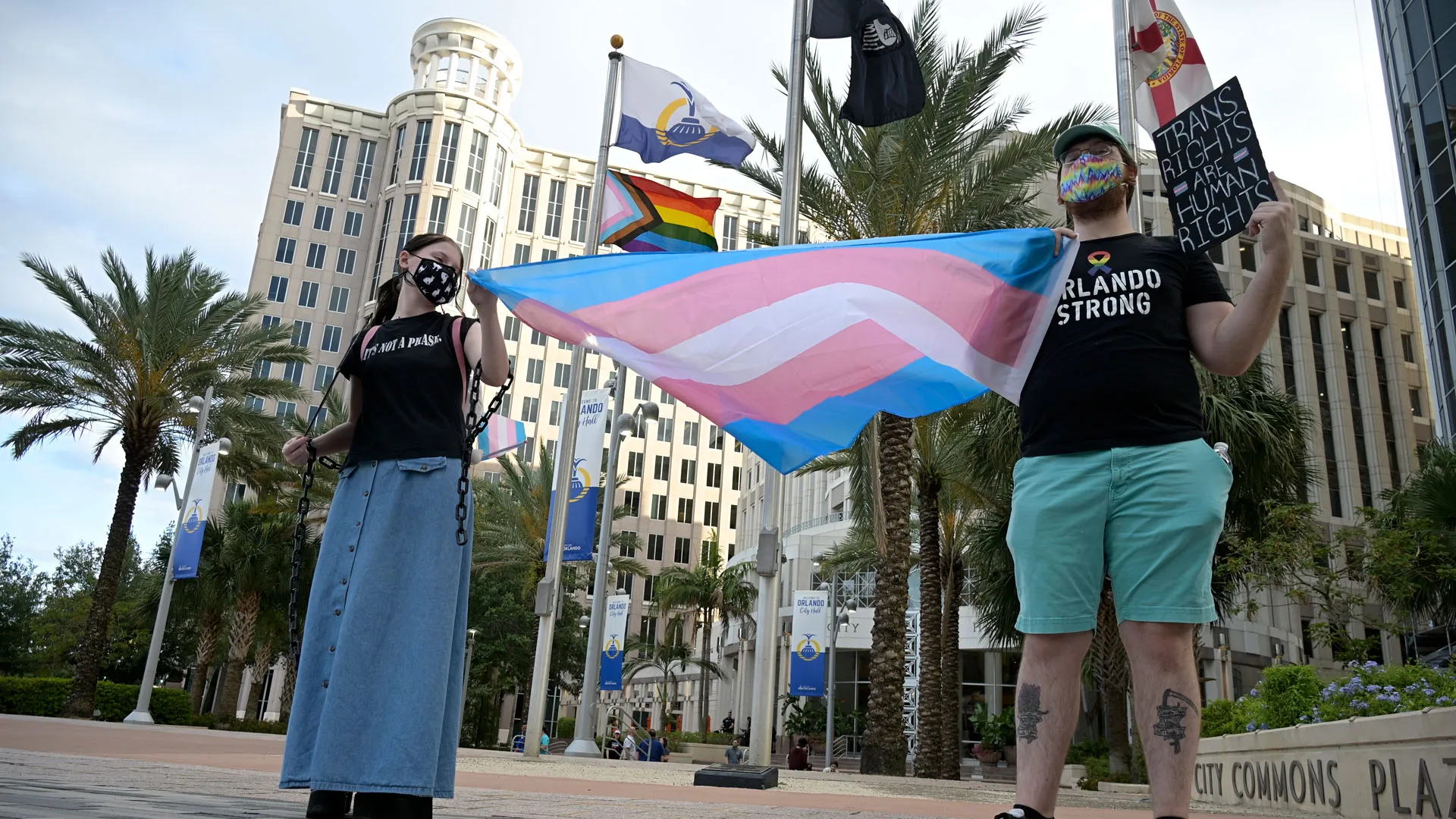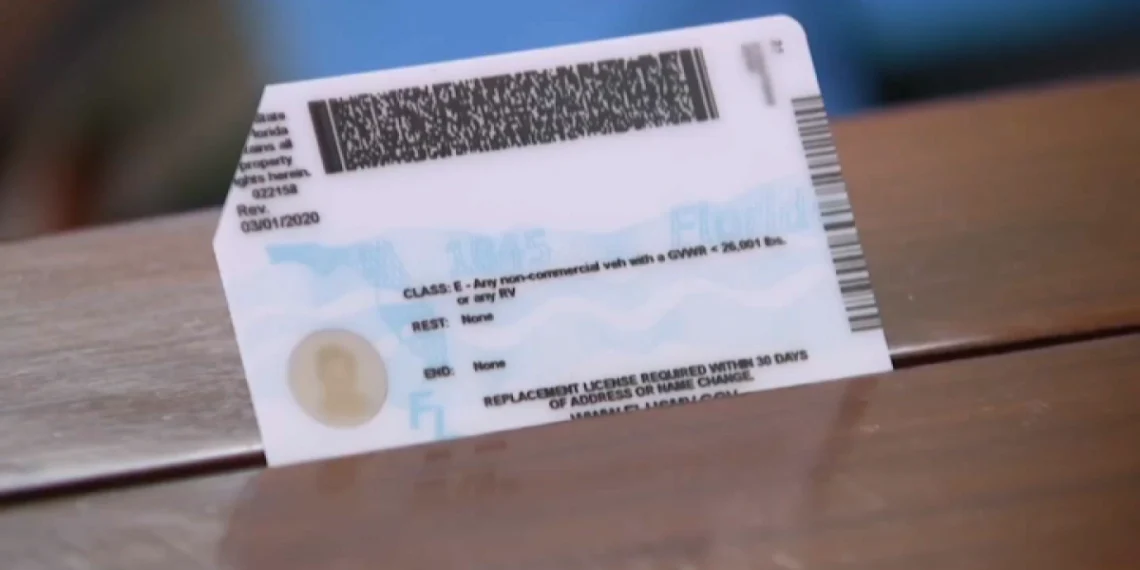In a recent announcement, the Florida Department of Highway Safety and Motor Vehicles declared that residents are no longer permitted to update or change their gender on driver’s licenses.
The directive, conveyed in a memo by Deputy Executive Director Robert Kynoch, cited a lack of statutory authority to support previous policies allowing gender changes. The memo emphasized that misrepresenting gender on licenses could lead to fraud charges, criminal penalties, and license revocation.
This decision has triggered criticism from LGBTQ+ civil rights advocates, who argue that it aligns with a broader pattern of targeted attacks against transgender individuals in Florida.
The previous system allowed residents to change gender with a certified doctor’s note, a practice consistent with recommendations from the World Professional Association for Transgender Health. However, a 2023 state statute eliminated the doctor’s note as an approved document for driver’s license applications.
Kynoch’s memo contends that allowing individuals to modify their licenses based on an internal sense of gender identity undermines the identification record’s purpose, hindering the state’s ability to enforce laws.
The document further defines gender as historically synonymous with sex, based on innate and immutable biological and genetic characteristics.
Critics, including LGBTQ+ advocates and legal experts, challenge these narrow definitions and express concerns about the policy’s broader impact. Brandon Wolf, senior director of political communications for the Human Rights Campaign, sees this move as part of a nationwide effort to limit the legal recognition of transgender individuals.

The policy change comes in conjunction with a legislative bill, HB 1639, which aims to legally distinguish between “gender” and “sex” in Florida. The bill also proposes that driver’s licenses should reflect a person’s sex assigned at birth.
Advocates worry that the new policy will negatively affect the daily lives of transgender individuals, adding an element of civil and criminal penalty for presenting inaccurate identification.
Equality Florida’s executive director, Nadine Smith, described the policy as cruel and part of an effort to marginalize and exclude the transgender community in the state.





